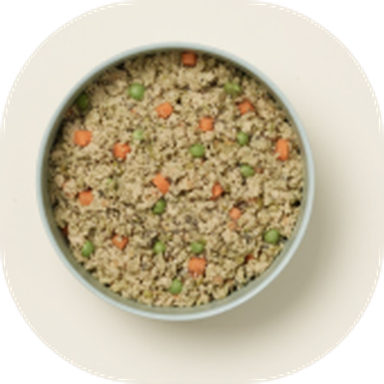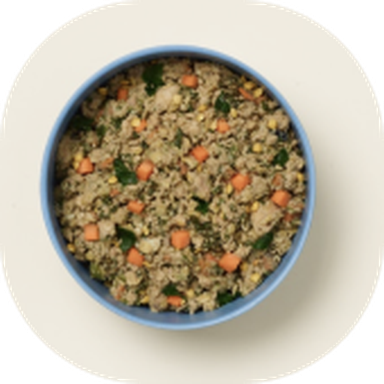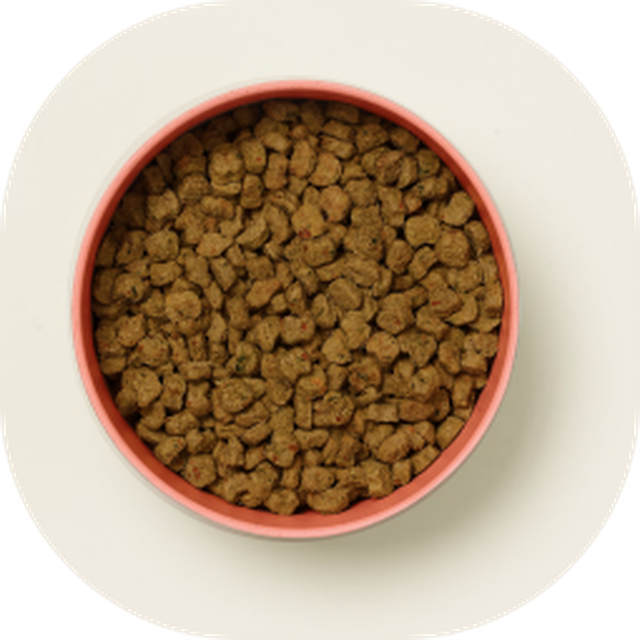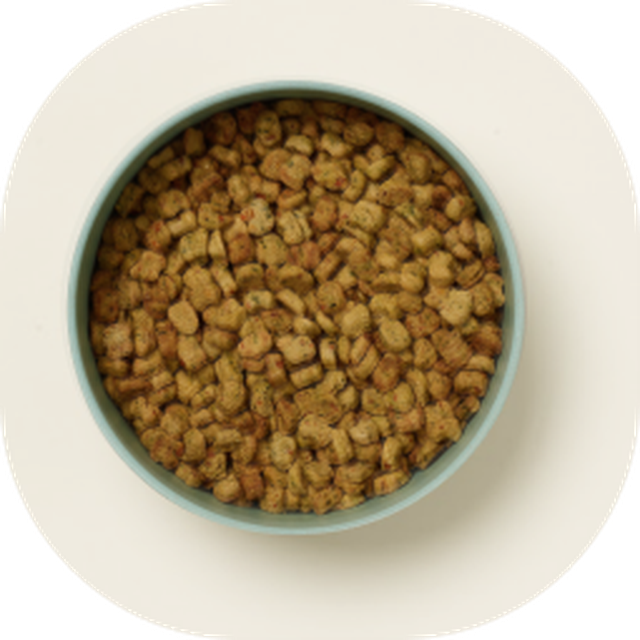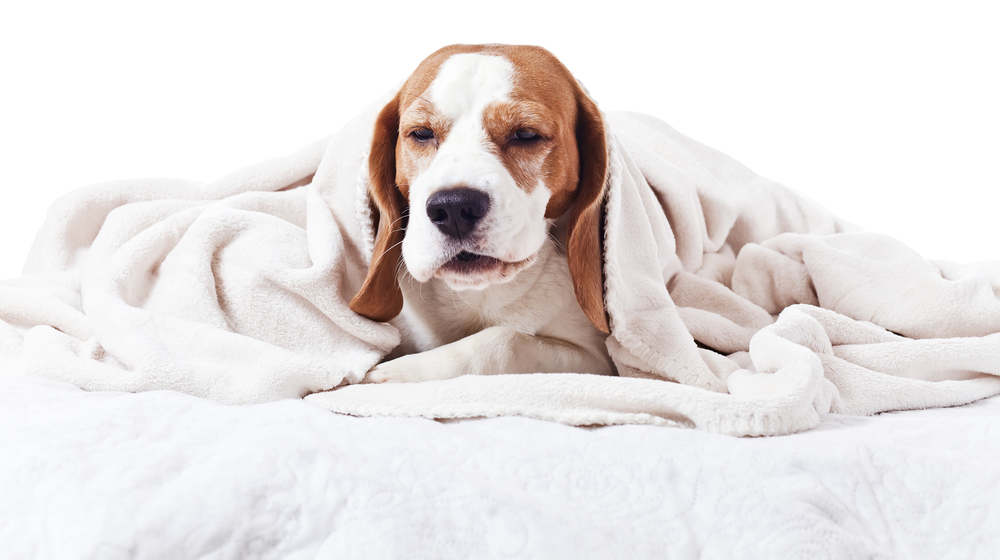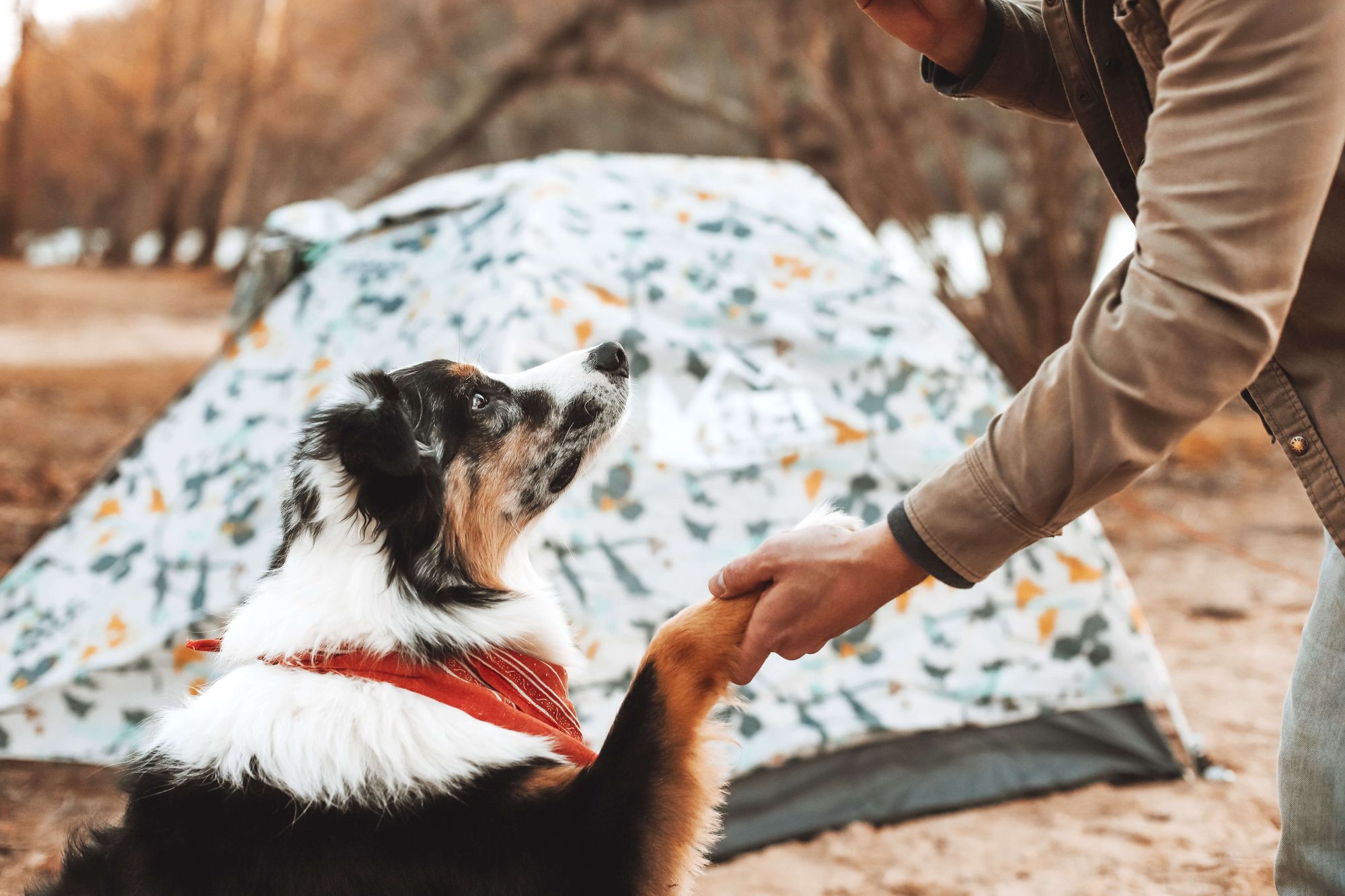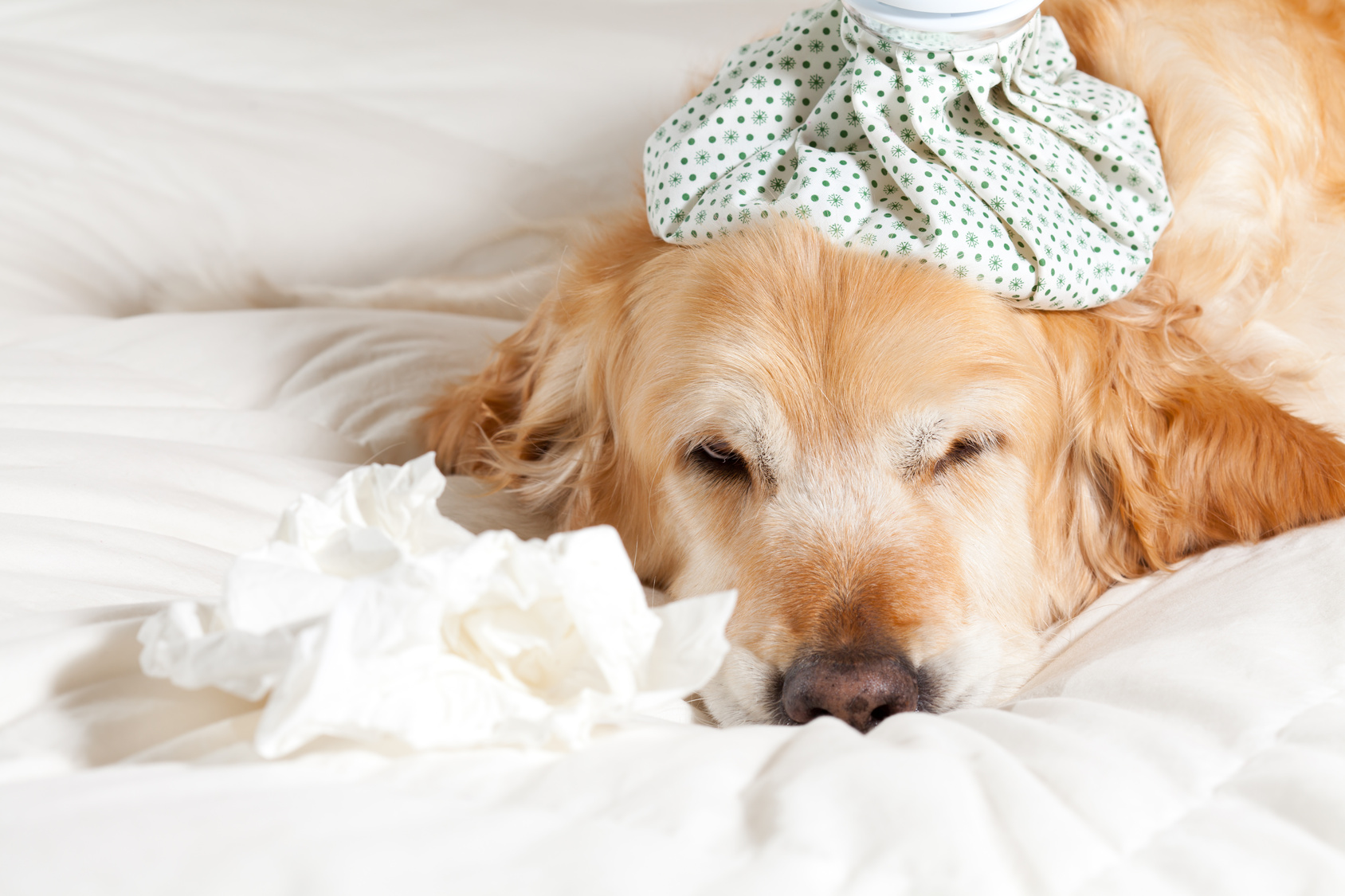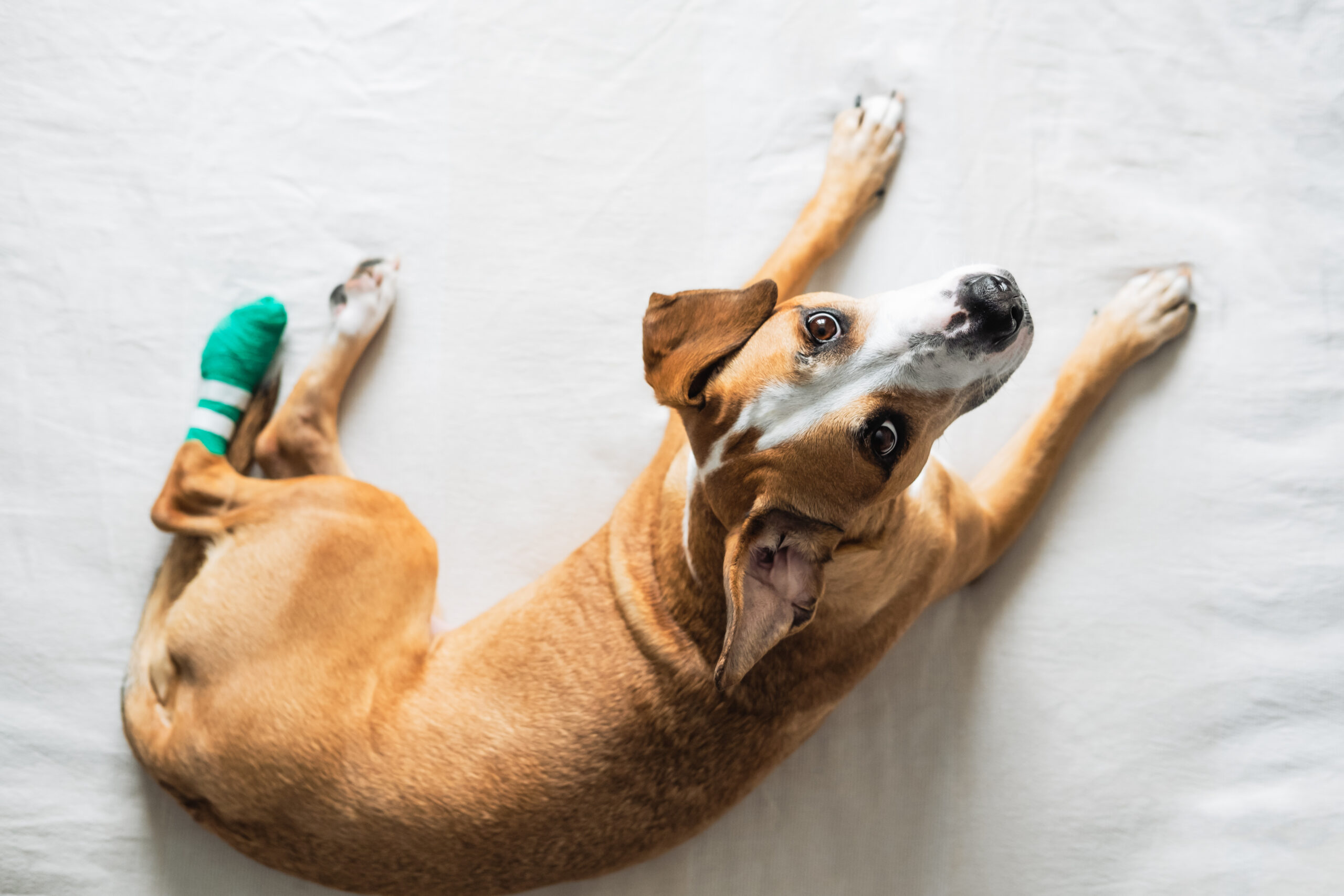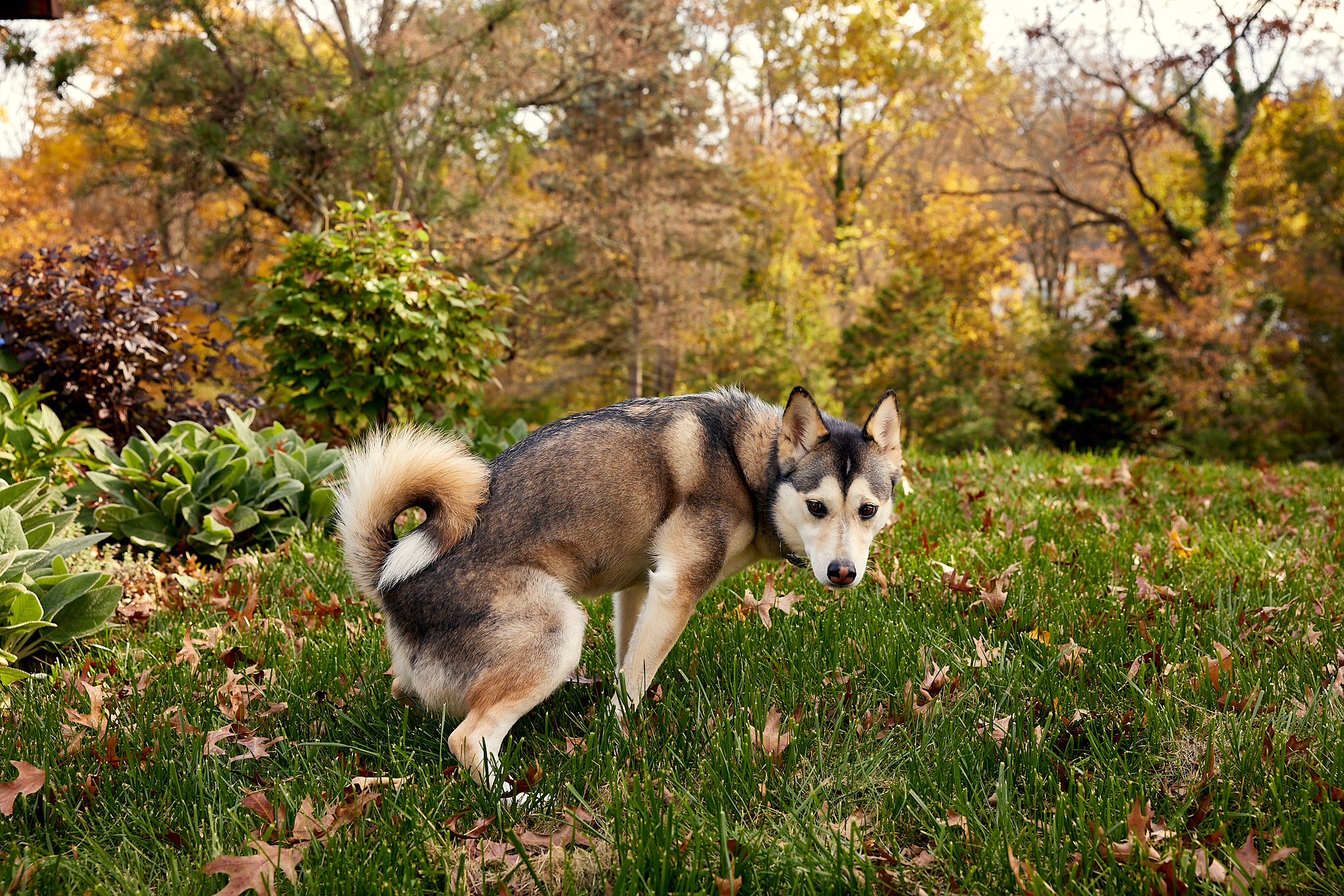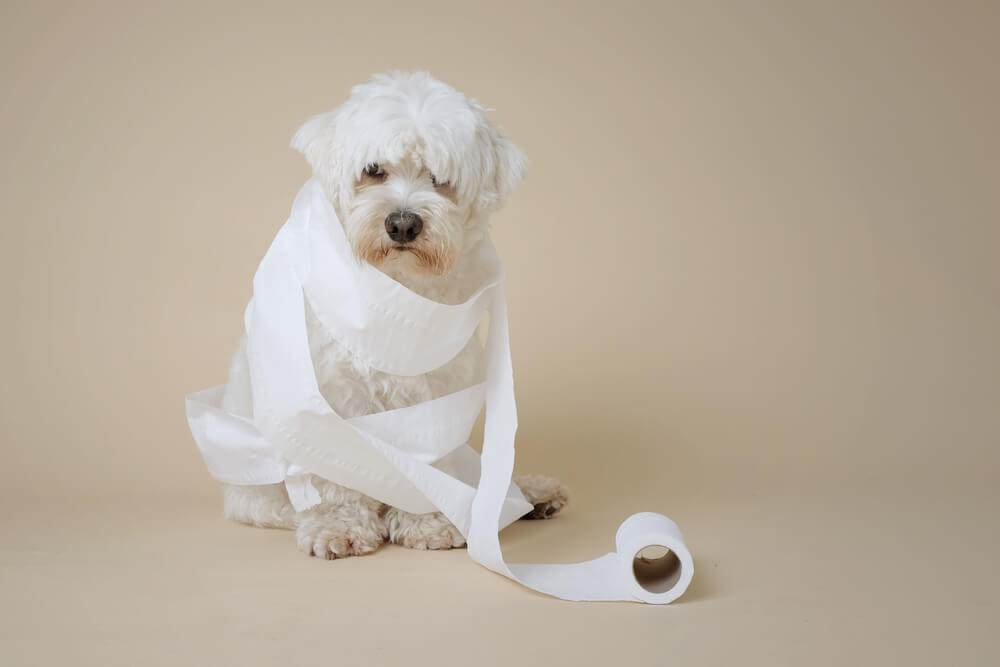Hey Ollie blog readers! We’re offering you an exclusive 60% OFF your starter box! Try now!
Kennel cough is a common illness in dogs. It can spread through animal shelters, doggie daycare facilities, and even pet grooming salons. This highly contagious upper respiratory infection is spread by an airborne virus. The virus can also be spread by canine contact or through infected toys as well as food and water dishes. This virus can be further complicated when an infected animal gets a secondary bacterial infection.
Symptoms of Kennel Cough:
- Dry hacking cough
- Bouts of heavy coughing
- Gagging after coughing
- Foamy mucus after coughing or gagging
- Lack of fever (or only a low-grade fever) with the cough
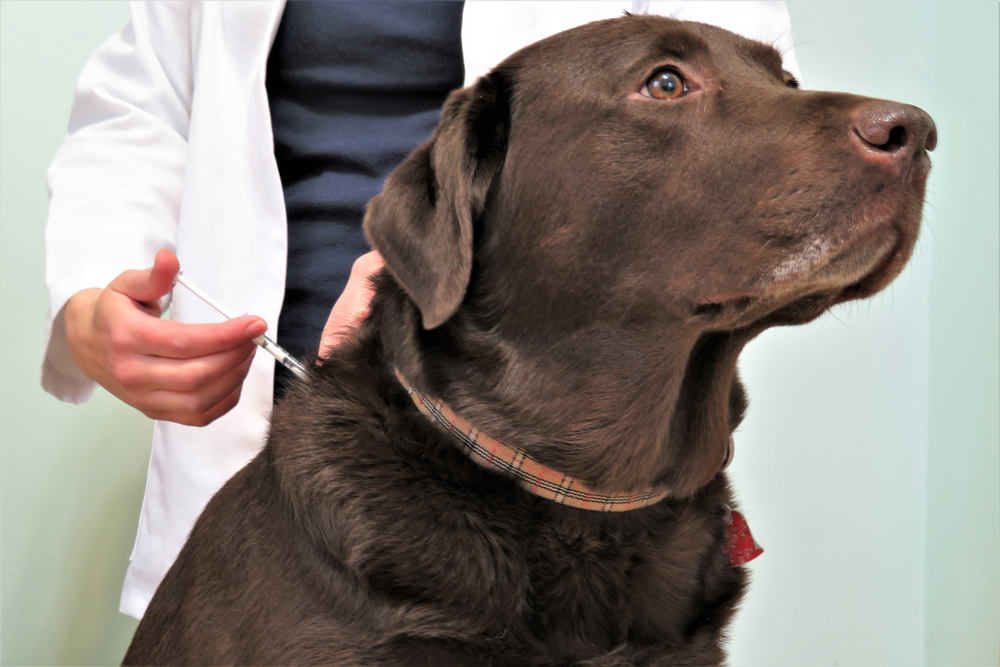
How to treat Kennel Cough
If your dog is showing signs of kennel cough you will want to isolate them from other dogs as much as possible and get them an appointment with the vet. At the vet, your dog will get a quick exam to confirm the diagnosis.
Kennel cough is generally treated with medication. Sometimes antibiotics will be needed to treat a secondary bacterial infection too.
The vet will also make sure your dog doesn’t have a fever. Since kennel cough usually does not come with a fever the doctor will be making sure your dog doesn’t have canine influenza or another more serious illness.
Although kennel cough is easily treatable in healthy dogs, Kevin Fitzgerald, DVM, a columnist for AKC Family Dog, explains that it’s important to report a coughing symptom to your veterinarian because it could be a sign of a more serious disease.
“The canine distemper virus and canine influenza virus both start off with symptoms nearly identical to kennel cough,” he said. Other conditions that can cause coughing, include a collapsing trachea, bronchitis, asthma, and even heart disease.
How to prevent Kennel Cough
While you can’t eliminate your dog’s risk of kennel cough there are several things you can do to help prevent it. These include:
- Getting appropriately vaccinated
- Avoiding being in the same area as a sick dog
- Don’t send your dog to a boarding facility or doggie daycare
- Clean food and water dishes and toys regularly
If your dog is around a lot of other dogs, you will want to ensure your dog is vaccinated. Most puppies get two doses of the vaccine. A lot of doggie daycares and boarding facilities will also require a booster either annually or every 6 months. Speak with the facility and your vet to ensure your dog is being vaccinated appropriately to mitigate the risk.
Kennel cough is airborne, so no matter how clean a facility is your pet can still get sick if they come in contact with another sick dog. If you know a dog that has kennel cough, steer clear until they’ve been treated. Check with your vet to find out how long you need to avoid the other dog.
Even if the facility is clean, kennel cough spreads quickly. Being in proximity to that many dogs on a regular basis increases your dog’s risk of contracting kennel cough. If there has been an outbreak you may wish to keep your pet at home and away from other dogs if possible.
This is especially important if your pet ever shares these items with other dogs. Use a pet-safe disinfectant and rinse well with very hot water before giving the toys back to your pet.
How long does Kennel Cough last?
Mild cases of kennel cough will usually resolve themselves within a week or two. The vet might give your dog a cough suppressant to help them feel better faster. Being under the weather for two whole weeks is no fun for you, the same goes for your pet!
For more severe cases including those with secondary bacterial infections, the doctor might give your dog antibiotic treatment lasting for a week or so as well. Be sure to follow the instructions on the medication carefully and give it as directed. If you notice any concerning side effects you’ll want to contact the vet’s office right away.
If your pet has had kennel cough or other dogs they frequently interact with have had it, contact your vet to find out when they are allowed to see each other again. The vet should also advise you on when it is safe for your dog to be around other dogs at obedience classes, boarding or doggie daycare.
The Ollie blog is devoted to helping pet parents lead healthier lives with their pups. If you want to learn more about our fresh, human-grade food, check out MyOllie.com.
Tagged As:

The nutrition your dog needs,
the food they want.

Enjoying our articles? Subscribe our Newsletters and get new articles directly to your inbox
You might also like
26 April 2024
4 MINS READ
How Often Should I Take My Dog To The Vet?
Routine veterinary care is important for your dog’s overall health—but how often should your pup visit the vet? We answer this question and outline common health signs that warrant a veterinary…
by Ollie Pets
28 February 2024
6 MINS READ
Why Do Dogs Eat Poop & How to Stop It
Does your dog partake in poop? We get to the bottom of this unusual behavior, including its medical and behavioral causes, and how to address it.
by Ollie Pets
30 August 2023
6 MINS READ
Dog Diarrhea: How to Prevent and Resolve
Dog diarrhea is distressing for pups and their owners. Understanding common diarrhea causes can help you respond quickly and effectively to your pup’s intestinal issues.

